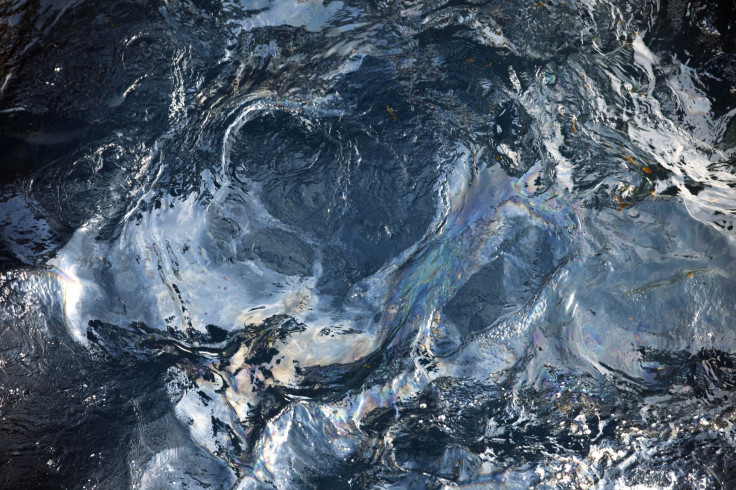Researchers explore use of microbes to clean oil spills

Microbes could help cleanup efforts after oil spills and other instances of pollution, a team of scientists from the Massachusetts Institute of Technology reveal.
According to a new study published in The Journal of Biological Chemistry, microbes offer a natural way to clean delicate environments utilising chemistry without upsetting the balance of living organisms.
For the study, the researchers tested the nuances of how microbes break down hydrocarbons while metabolising them for growth and survival. Chemistry and biology professor Catherine Drennan, chemistry graduate student Michael Funk and their colleagues explored the structural basis by which a microbe called Thauera aromatic activated and broke down the hydrocarbon toluene.
After experimenting with different forms of the enzyme, they were able to find a winning combination to bind toluene. Discoveries like this one, which shed light on how hydrocarbons like toluene can be broken down, are a critical starting point for more organised efforts in waste management using organisms, Funk says.
Drennan says it’s not just in labs where microbes thrive on hydrocarbons. “Some microbes will grow abundantly near oil refineries, to the point that the oil companies are not happy about it because it’s clogging up all of their pipes. This actually gives weight to the idea that microbial bioremediation could work, because it’s evident that microbes can be very happy and take care of things in such an environment,” she explains.
The team also recognises that their findings could address pipe erosion in oil refinery, which heightens the probability of a spill. Drennan says that microbes can prevent oil spills, as long as there is a right amount of microbes cleaning up the environment.
The effect of microbes in oil spills was also discussed in an article that appeared in Scientific American in April 2015. According to Biogeochemist Chris Reddy of the Woods Hole Oceanographic Institution, microbes are a big reason why the 2010 oil spill in the Gulf of Mexico was not far worse.
Reddy said that the microbes did a spectacular job of eating a lot of the relatively small hydrocarbon molecules in natural gas. Of the more than 150 different molecules that made up the toxic stew of hydrocarbons from the oil spill, the microbes chewed through the smaller, dispersed hydrocarbons relatively quickly.
Unfortunately, the microbes were not able to completely clean the oil spill for various reasons. The majority of what they consumed, natural gas components like methane, ethane, butane, propane and pentane, also does not legally count as part of the oil spill.
In the new study, Drennan herself admits that their findings are still far from the magic bullet that can completely clean up oil spills and pollution.
However, whatever the immediate uses of their latest discovery, Drennan and Funk say the DNA sequencing of microbes in particular presents an exciting frontier. “If you have these DNA sequences, you can turn out a profile of what the microbes are able to degrade in a particular spill situation,” Funk says.
Contact the writer at feedback@ibtimes.com.au or tell us what you think below.





















